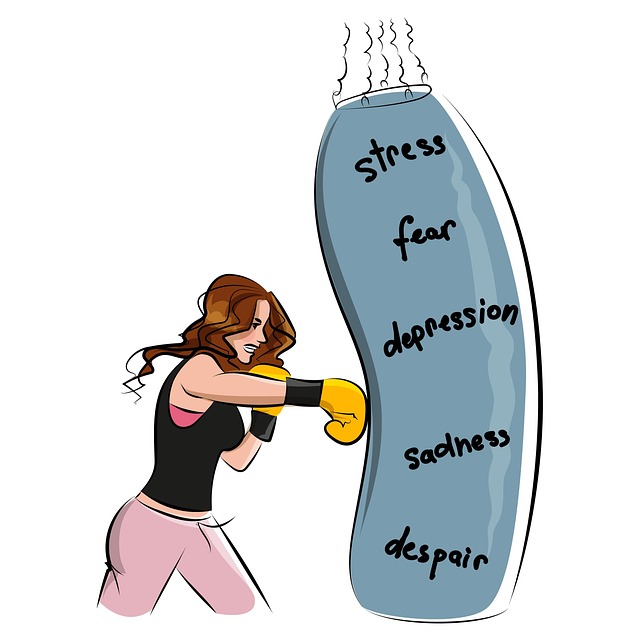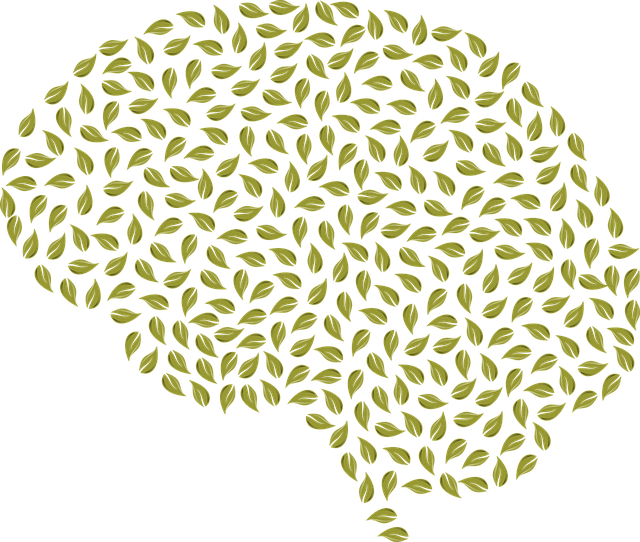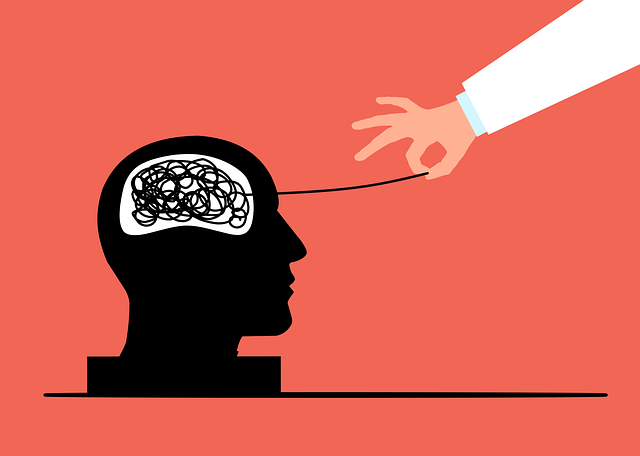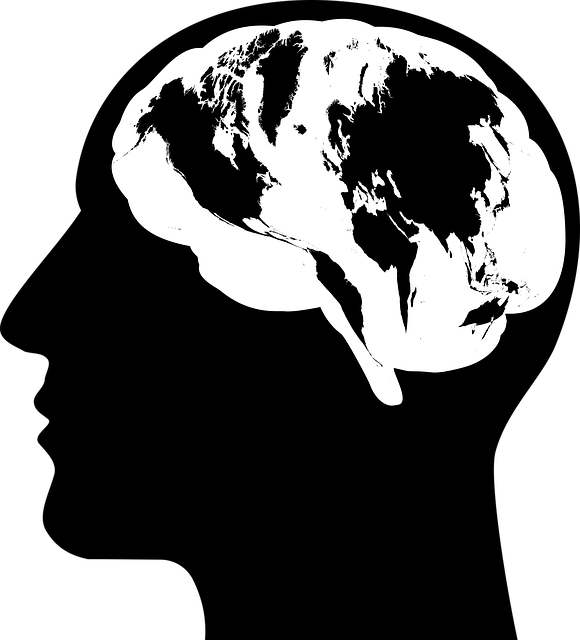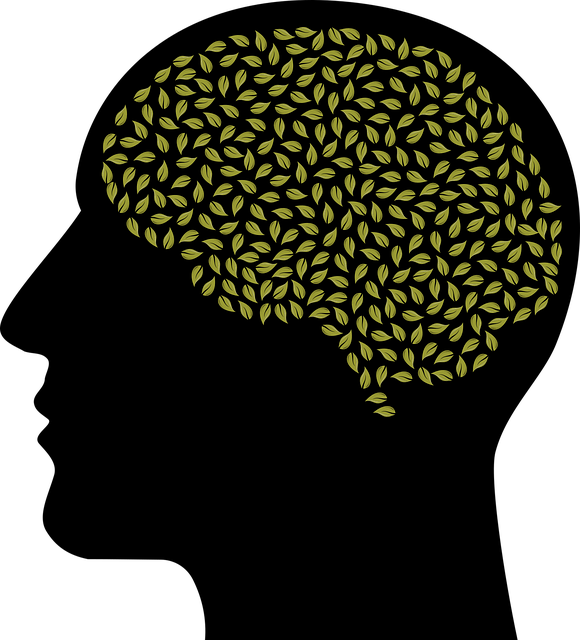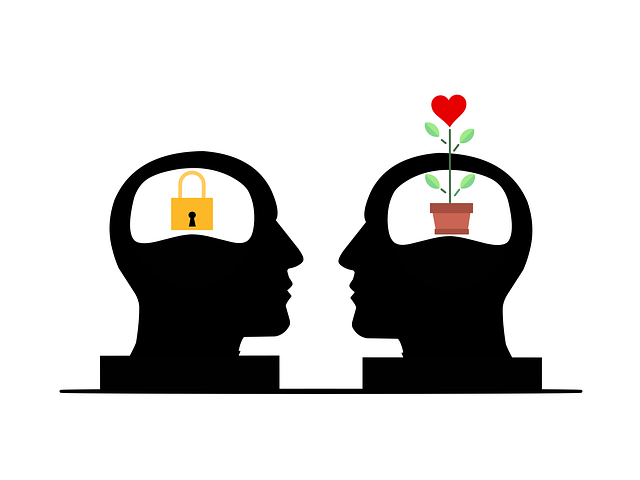Media portrayal of mental health, especially conditions like ADHD in children, significantly shapes public perceptions and needs to be authentic and accurate. Positive depictions reduce stigma and encourage therapy-seeking while negative representations perpetuate myths. Collaborative campaigns involving individuals with ADD/ADHD and mental health professionals ensure media accuracy and foster better community emotional regulation. Therapy tailored to these needs improves symptom management, self-acceptance, and healthier coping mechanisms. Training healthcare providers on cultural competency is vital for respectful care. Podcast series share personal stories advocating for more nuanced media portrayals. Accurate and compassionate children's media representation reduces stigma and fosters empathy by consulting professionals and individuals with lived experiences. Responsible creative storytelling includes therapy evaluations, preventing burnout in the industry while offering both entertainment and education.
Mental illness representation in media significantly impacts public perception and mental health awareness. This article explores how media portrays various conditions, focusing on the challenges and solutions surrounding mental health narratives. We delve into the effects of inaccurate portrayals, emphasizing the crucial role of therapy and support in challenging stereotypes. Additionally, we present strategies for accurate representation, particularly in children’s media, advocating for more responsible storytelling. Key topics include the importance of therapy for children with ADD/ADHD and the need for sensitive evaluations.
- Understanding the Impact of Media Portrayal on Mental Health Awareness
- The Role of Therapy and Support in Challenging Stereotypes
- Strategies for Accurate Representation: A Call for Action in Children's Media
Understanding the Impact of Media Portrayal on Mental Health Awareness

The media plays a significant role in shaping public perceptions and understanding of mental health issues, including conditions like ADD/ADHD in children. Positive and accurate representation can foster empathy, reduce stigma, and encourage individuals to seek help. On the flip side, negative or stereotypical portrayals can perpetuate harmful myths and lead to further marginalization of those dealing with these challenges. Media has the power to either promote mental health awareness or inadvertently hinder progress in an area that requires increased understanding and support.
Understanding the impact of media is crucial for navigating the complex landscape of mental illness stigma reduction efforts. Public awareness campaigns development should actively involve individuals living with ADD/ADHD and mental health professionals to ensure authenticity and accuracy, thereby promoting better emotional regulation within communities. This collaborative approach can significantly contribute to meaningful changes in societal attitudes and prompt individuals to seek appropriate therapy for children when needed.
The Role of Therapy and Support in Challenging Stereotypes

Therapy plays a pivotal role in challenging and reshaping stereotypes surrounding mental illness, especially in media representation. Through structured sessions with qualified healthcare providers, individuals dealing with conditions like ADD/ADHD can receive specialized care tailored to their unique needs. These therapeutic interventions not only support symptom management but also foster understanding and self-acceptance. By integrating evidence-based practices, therapists help clients navigate the complexities of their mental health journeys, promoting healthier coping mechanisms and improved overall wellness.
Moreover, cultural competency training for healthcare providers is essential in this context. Equipping professionals with the knowledge to address cultural biases and nuances ensures that every patient receives respectful and accurate care. This aspect is particularly crucial when dealing with diverse populations, as it can significantly impact treatment outcomes. Mental wellness podcast series production can also serve as a powerful tool, offering platforms for sharing personal stories and experiences while advocating for more nuanced media portrayals of mental illness, including conditions like ADD/ADHD.
Strategies for Accurate Representation: A Call for Action in Children's Media

Children’s media has a significant impact on shaping young minds, making accurate and compassionate representation of mental health issues crucial. Creating diverse narratives that reflect the experiences of children dealing with conditions like ADHD can help reduce stigma and foster empathy. This involves employing strategies such as consulting healthcare professionals and individuals with lived experiences to ensure authenticity. By integrating characters who undergo therapy and display healthy coping mechanisms, media creators can offer valuable insights into managing mental health challenges.
In light of these considerations, it’s imperative to advocate for more diverse storytelling. Burnout prevention strategies for healthcare providers can also be extended to the creative industries, ensuring that those behind the camera are equipped to handle such sensitive topics responsibly. Mental illness stigma reduction efforts should start early, and media has a pivotal role in this process, offering not just entertainment but educational value through authentic representation.
Media plays a pivotal role in shaping societal perceptions of mental illness. By accurately representing mental health challenges, especially in children’s media, we can foster empathy and reduce stigma. Through incorporating authentic stories and diverse characters, media has the power to challenge stereotypes and promote understanding. This requires collaborative efforts from content creators, therapists, and advocates to ensure accurate portrayals, such as focusing on evidence-based practices like therapy for children with ADD/ADHD during evaluations. By adopting these strategies, we can create a more inclusive and supportive environment, ultimately enhancing mental health awareness and access to care.



